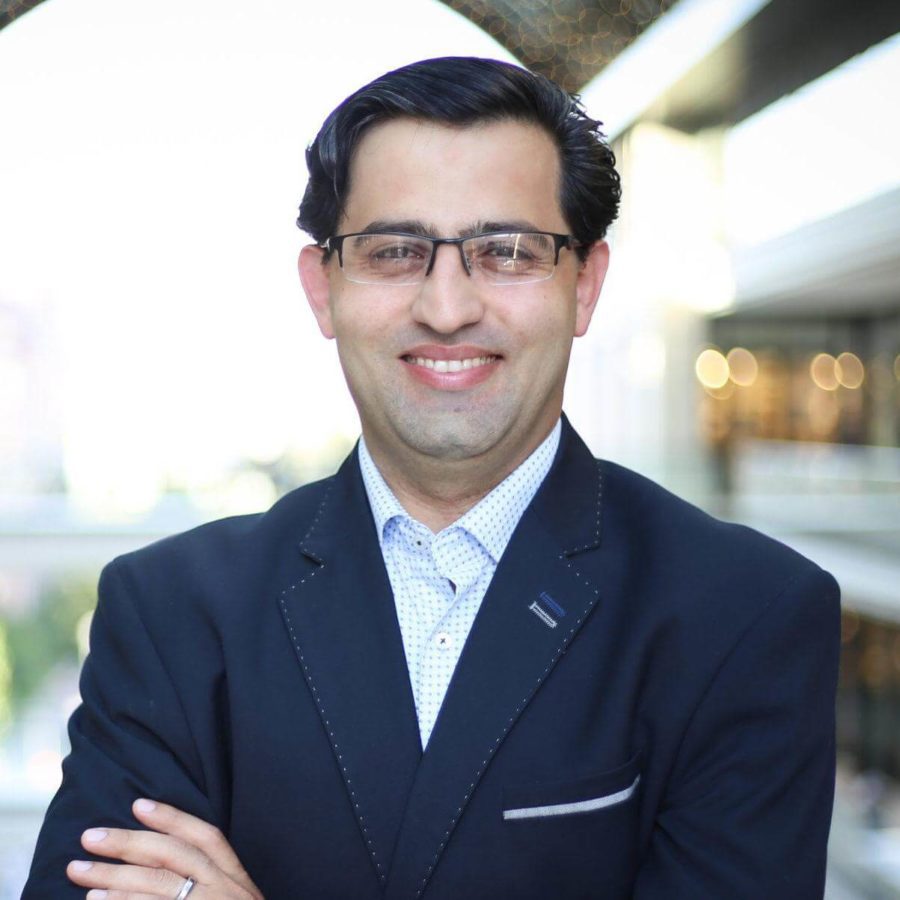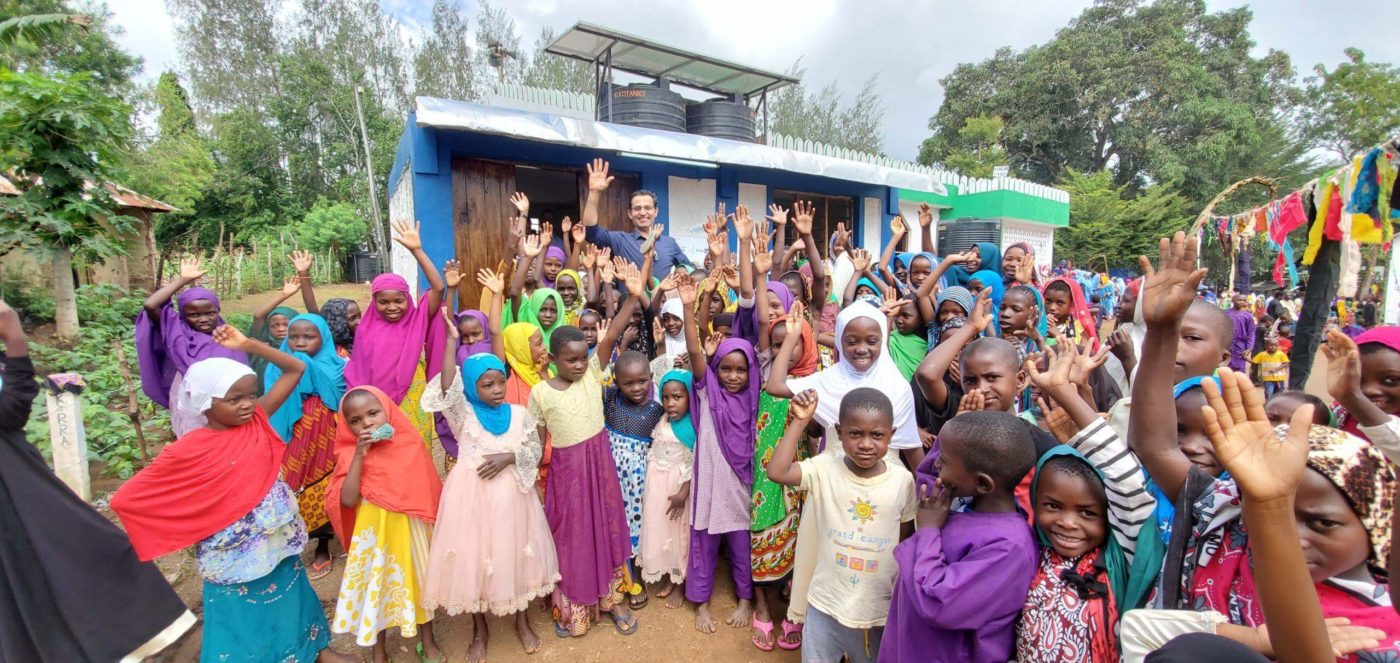Q1. What was your company’s unique approach in integrating technology to achieve UN’s Sustainable Development Goal (SDG)?
At Boreal Light GmbH, we are dealing with the basics, with the very basics in which the healthy daily life of people is dependent upon. We deal with water, energy and food. Through water, we are deeply engaged with SDG #6, and then since all our systems are powered by solar energy we are falling into SDG #7, and marrying those two begets to SDG #2 of zero hunger through our community farming projects. The fusion between those 3 SDGs brings more impacts and touches SDG #1 for poverty reduction, SDG #3 for health, SDG #9 for industry, innovation and infrastructures, and finally SDG #13 for climate action. Bear in mind each of our projects generates hundreds of Carbon credit per year and contributes on both mitigation and adaptation strategies combating climate change.
Q2. What are some examples of SDG-focused projects that your company is currently working on?
We are heavily engaged now with eliminating diesel engines for water treatment facilities of the main hospitals in East Africa. Such facilities often have a huge power demand that translates into heavy load of diesel consumption, and CO2 emission. The absence or lack of reliable electricity supply amid water pollution, left hospitals with no option than burning diesel and paying a high cost for that. Since we engaged, 33 of such hospitals have turned to 100 solar powered water treatment facilities that secured both highest water quality supply and elimination of CO2 emission from diesel engines. In that project, we clearly addresses SDG #6 and SDG #7 at their most. The other good example is our new project in Zanzibar, where according to our plan is going to be the first island-state in the world with 100% solar powered water sector! We are talking about the daily water consumption of 1.7 million people! The project is a perfect role model of SDG fusion for development. SDG #1, SDG #2, SDG #3, SDG #6, SDG #7, SDG #9 and SDG #13 each have their own footprint and roles in that flagship project of Zanzibar!
Q3. What are the most difficult challenges your company and other companies face generally in the implementation/adoption of new sustainable technology?
One of the most challenges I believe companies like us are dealing with, regarding SDGs, is to differentiate between what is green washing and what is impact! There are plenty of fancy projects all over developing countries using the language of sustainability and development. At the end of the day, what they do not result is exactly what they keep claiming about. There should be a clear link between what SDGs are in action and what impact is. The SDG that do not result in real impact in the local communities is just another expensive pilot project benefited from the tax payers of more privileged countries. At our work, we report our investors by measuring the impacts of our relevant 6 SDG categories. Each impact is measurable, reportable and verifiable. And what is always key when designing a project is whether that project can be replicated by the locals. Replicability of SDG related projects, for me is a true measuring fact in which one may see a find a project sustainable or not. Until the very local people and the very local businesses do not adopt and develop such solutions, a fundamental change is just an illusion.
Q4. Tell me about a time your sustainable tech helped another company realize their SDG goals.
Manufacturing and running solar water desalination systems for offgrid communities, by itself generates carbon credit as well. That comes from the emission that otherwise would have been generated through burning fossil fuel to run classic desalination machines. Such a carbon credit generated from our solar water desalination systems has so far attracted several conglomerates across the world. While they pay for our carbon credit to balance their carbon footprint, their financial contribution play a significant role in the economies of our projects. That means we have created a basis for mutual benefits of communities dealing with SDG #6 and corporations concerned of SDG #13.
I do believe solar water treatments in general, and solar water desalinations in particular, can benefit well from several carbon programs and platforms. That is an additional benefit supporting our financial balance sheets and potentially reducing the cost of water for the end user, who is in fact the most needy one.
Q5. What is the biggest challenge your company has handled while enabling your sustainable tech accessible to different communities?
Mind-set, mind-set and mind-set! Technology is indeed not an obstacle, what is hindering development is the mind-set. Regardless of you are in a remote village or in the heart of the most cosmopolitan city in Europe, changing people’s mind-set is a challenge. Imagine you provide the most state of art water technology to a community. The success of that project is a direct factor of deep local engagement. Then you would see those people, instead of contributing very little to pay for water. That is fact is to cover the cost of operation, prefer walking 5 kilometre, getting to a river and bring water to their home. In fact, what is not considered there is the time that otherwise they could invest in another more fruitful action to generate income. That is bitter. That is why we are intensively investing on education and vocational training in communities we engage with.
Q6. Cost-effective sustainable tech can be lifesaving and planet-saving approach. What actions your company takes to make your sustainable tech economical and a fit for the large-scale adoption?
In fact, affordability has been one of our three key factors since inception of Boreal Light GmbH and WatreKioks Ltd. We defined a mandate for ourselves to manufacture a desalination machine with three characteristics; powered by solar energy, being simple, and being affordable. A sustainable solution should be cost-effective, particularly when dealing with bottom of the pyramid! At the meantime, we all know affordability is relevant! What is the golden ratio for us in term of affordability and cost-effectiveness of our projects, is the operation cost coverage. Our social projects always make sure not going that cheap on the selling price of water and then missing the sustainability of the project, and also not going high that people struggle paying. If one respect that golden ratio of sustainability, then large scale adoption and expansion is just a organic growth of the work!
Q7. What do you believe will be a global, long-term, impact of your sustainable tech integration?
What will be, or at least we wish to be, our global long-term impact, is the capacity building around the nexus of water and energy; SDG #6 and SDG #7. In fact, when you have these two hand in hand, several other SDGs are having their basis to flourish. Education, food, health, economic growth and etc, you name it, all benefit from that very nexus! That is what I would love to see as the long-term global impact of a technology, as an umbrella where many others can join and benefit the shade.
Q8. What’s your vision for the sustainable tech industry and your company’s role in it?
The vision I would like to imagine for the sustainable tech is the day when sustainable technologies is not a choice! What do I mean? Let me give you an example, breathing is a choice? For sure not. We breath without planning for that, without budgeting that, without thinking twice. If we see a day when development strategies deal with sustainability not as a choice, rather as a norm, I am sure that day the world is a much better place to live. I can not hide how happy I will be that day if my technology is also among those NORMS.
Dr. Hamed Beheshti
CEO/ Co-Founder,
Boreal Light GmbH























